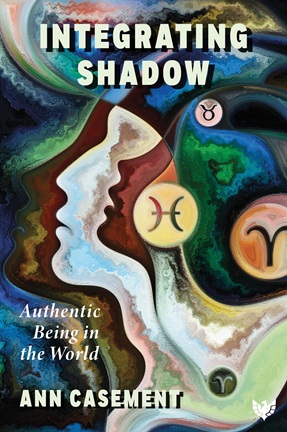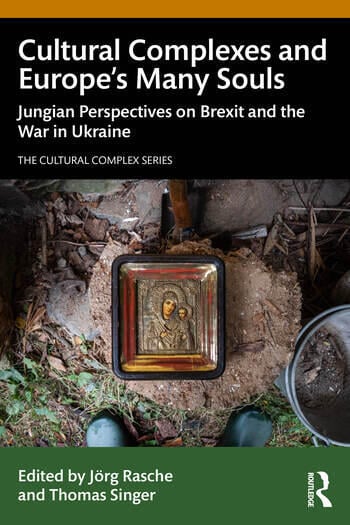On Psychological and Visionary Art: Notes from C. G. Jung's Lecture on Gerard de Nerval's Aurelia

Book Details
- Publisher : Princeton U.P.
- Published : December 2015
- Cover : Paperback
- Pages : 240
- Category :
Jung and Analytical Psychology - Catalogue No : 38233
- ISBN 13 : 9780691270975
- ISBN 10 : 069127097X
There are currently no reviews
Be the first to review
In 1945, at the end of the Second World War and after a long illness, C. G. Jung delivered a lecture in Zurich on the French Romantic poet Gerard de Nerval. The lecture focused on Nerval's visionary memoir, Aurelia, which the poet wrote in an ambivalent attempt to emerge from madness. Published here for the first time, Jung's lecture is both a cautionary psychological tale and a validation of Nerval's visionary experience as a genuine encounter.
Nerval explored the irrational with lucidity and exquisite craft. He privileged the subjective imagination as a way of fathoming the divine to reconnect with what the Romantics called the life principle. During the years of his greatest creativity, he suffered from madness and was institutionalized eight times. Contrasting an orthodox psychoanalytic interpretation with his own synthetic approach to the unconscious, Jung explains why Nerval was unable to make use of his visionary experiences in his own life. At the same time, Jung emphasizes the validity of Nerval's visions, differentiating the psychology of a work of art from the psychology of the artist.
The lecture suggests how Jung's own experiments with active imagination influenced his reading of Nerval's Aurelia as a parallel text to his own Red Book. With Craig Stephenson's authoritative introduction, Richard Sieburth's award-winning translation of Aurelia, and Alfred Kubin's haunting illustrations to the text, and featuring Jung's reading marginalia, preliminary notes, and revisions to a 1942 lecture, On Psychological and Visionary Art documents the stages of Jung's creative process as he responds to an essential Romantic text.
About the Author(s)
C. G. Jung (1875 - 1961) was a Swiss psychiatrist, innovative thinker and founder of Analytical Psychology, whose most influential ideas include the concept of psychological archetypes, the collective unconscious, and synchronicity. He is the author of numerous works, including Memories, Dreams, Reflections and Man and His Symbols.
Craig E. Stephenson is a Jungian analyst in private practice. His books include Anteros: A Forgotten Myth, Jung and Moreno, and Possession: Jung’s Comparative Anatomy of the Psyche. He edited On Psychological and Visionary Art: Notes from C. G. Jung’s Lecture on Gérard de Nerval’s Aurélia.
Customer Reviews
Our customers have not yet reviewed this title. Be the first add your own review for this title.
You may also like
Murray Stein: Individuation, Transformation, and the Ways to the Self in...
Steven Herrmann
Price £20.69
save £2.30
Cultural Complexes and Europe’s Many Souls: Jungian Perspectives on Brexit and...
Jörg Rasche
Price £31.99










